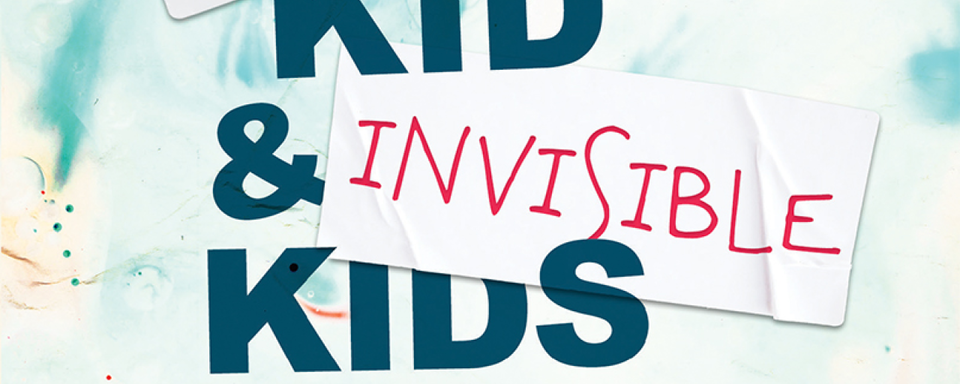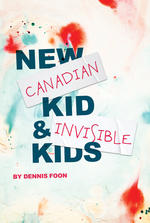
Rewriting history
Dennis Foon on updating Invisible Kids
Invisible Kids is one of the most produced, popular, and important Canadian plays for young people. In the play, a group of children from various backgrounds discover playground politics in a way that’s informative and full of hope, while still holding a tight grasp on reality.
Up until now, Canadian audiences have known the play to be about a sister of one of the children that's prevented from joining her family in Canada because of immigrant quotas. But now with a second edition of New Canadian Kid & Invisible Kids, writer Dennis Foon wanted to update the story to something more relatable for kids in Canada today. The rewrite of Invisible Kids now focuses on what happens when a new student, a Syrian refugee, wins a contest granting his class a field trip in the States, but is not allowed to cross the border.
Read on in our interview about the incredible life of Invisible Kids.
What was the political climate like when you first wrote Invisible Kids?
Invisible Kids was originally commissioned by the Unicorn Theatre in London, England way back in 1985. At the time, I couldn’t imagine that things could get any more right wing. Mulroney was Canada’s prime minister, Reagan was the U.S. president and Mrs. Thatcher was the prime minister of England. I spent time interviewing kids in Brixton and other areas of London to get a sense of how immigration policies affected their lives. I was amazed at what they told me. The kids' point of view was a perfect way of looking at some very compelling human issues.
How did the play originally come to be?
Soon after the London production, Jeff Henry of Theatre Fountainhead asked me to do a Canadian version. I interviewed dozens of people in Toronto: children, educators, immigration officials, lawyers, social workers and experts in race relations. What I found out was in some ways comforting and in other ways disturbing. Compared to many others, Canada is a progressive country and I like to believe that much is being done to make this a fair and just society. But I also knew that the children I spoke to then - and those I speak to now - are affected by racism every day of their lives, directly and indirectly. In Toronto, I heard story after story of racial incidents and attacks, of kids’ difficulties with children and adults both inside and outside school, and of inequities in immigration policy that were negatively affecting their lives.
Why did you want to write a new version?
When the Press contacted me about a new printing that was coming up, I was asked if I wanted to make any revisions. When I read the play again, I immediately realized that the world had profoundly changed. In 1985, I couldn’t imagine that things could get worse. Was I ever wrong. Today, the anti-immigration and blatant racism that is permeating world politics is frightening, appalling, inhumane and often criminal. Still, this is a play told from the child’s point of view. By the time children reach secondary school, they seem to become overwhelmed by many painful contradictions. But for the most part, children still in primary school have a great sense of hope, a belief in their ability to change things. Invisible Kids is an attempt to reinforce that sense of the possibility for change.
Get your updated edition of New Canadian Kid & Invisible Kids now!



Comments